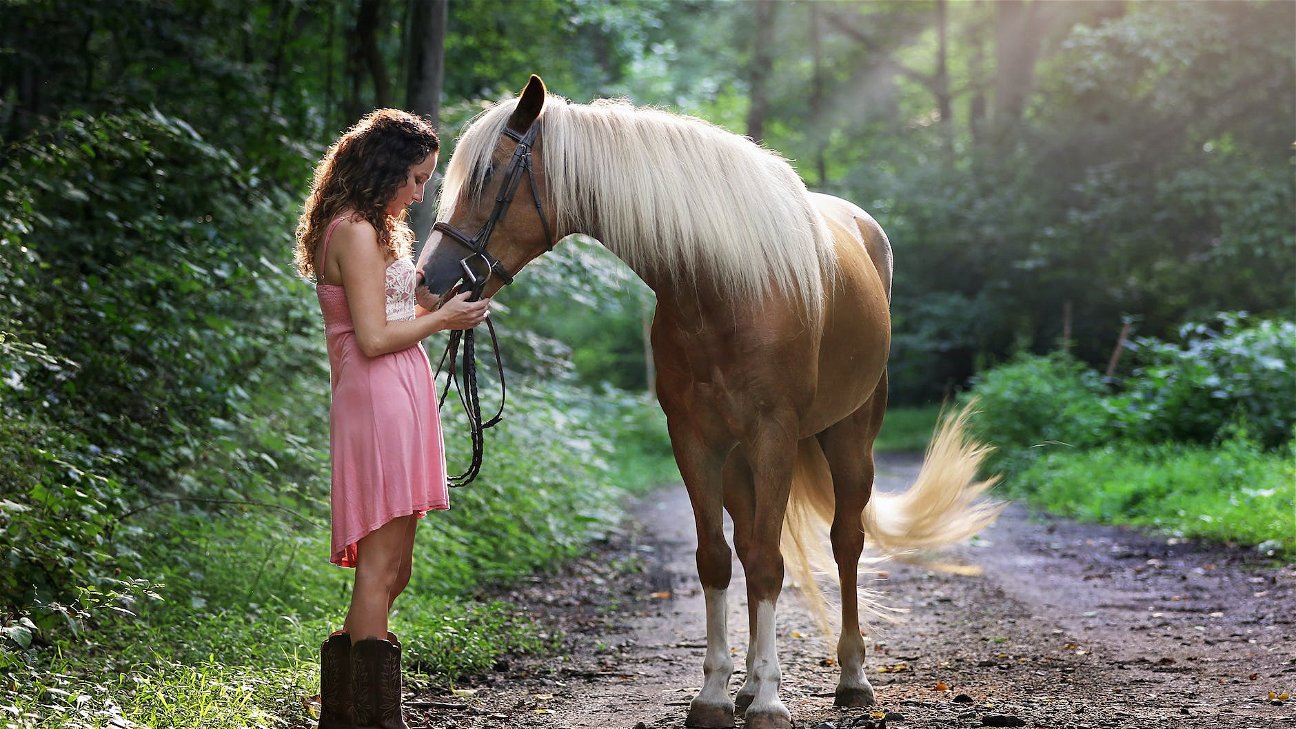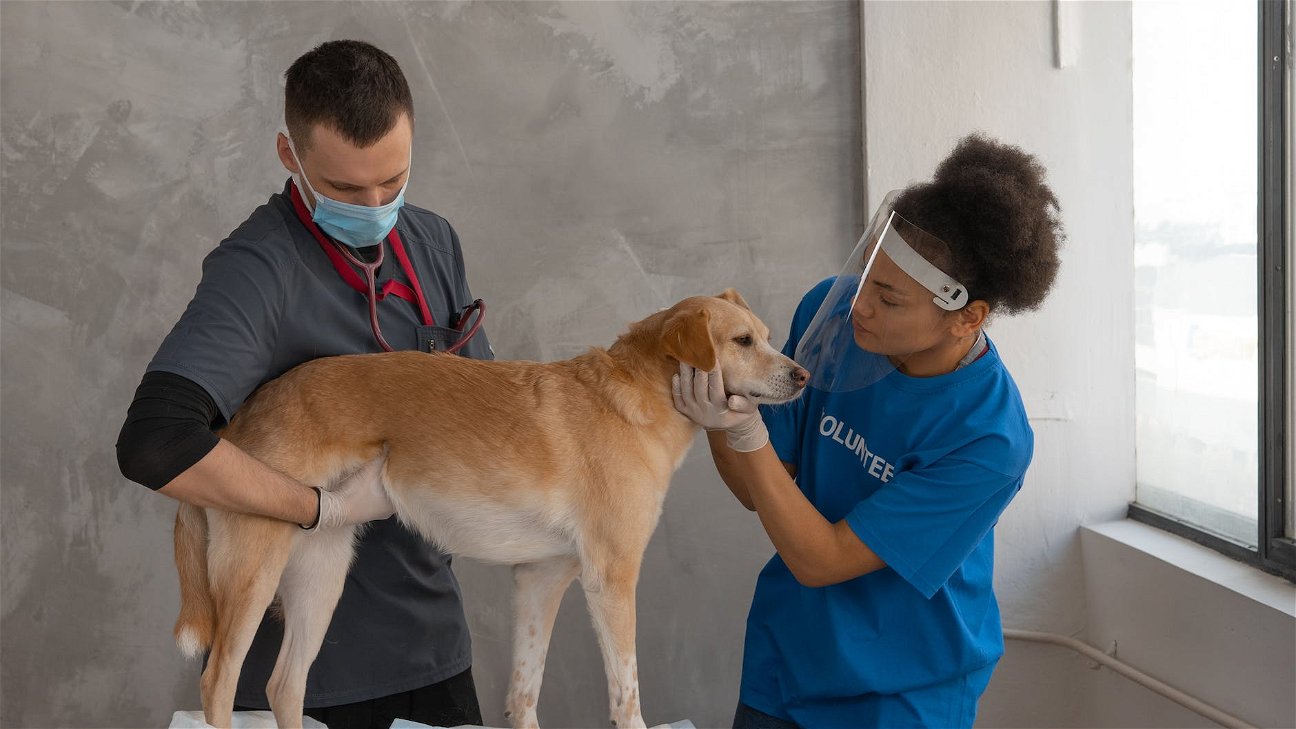
Did you know that your furry friend could contribute significantly to your child's overall development? Research over the years has consistently shown the positive role pets play in children's development. This article takes a deep dive into the benefits of pets for kids across various developmental domains, including social, emotional, cognitive, and physical growth.
Pets and Social Skills
One of the key areas where pets aid in children's development is social skills. Interacting with pets helps children to learn how to relate to others, express their feelings, and understand nonverbal communication cues. Studies have shown that children who grow up with pets tend to be more sociable and empathetic.
Pets also serve as a conversation starter, helping children to break the ice with their peers and improve their communication skills. For instance, taking the dog for a walk or talking about their pet's antics can spark off conversations and foster friendships.
Pets and Emotional Growth
Pets can help children navigate their emotional world. They offer unconditional love and companionship, which can boost a child's self-esteem. Children often turn to their pets for comfort when they are upset or stressed, which helps with emotional regulation.
Pets also teach children about loss and grief. The death of a pet can be a child's first experience of death, and dealing with their pets' mortality can help children learn to cope with loss in a supportive environment.
Pets and Cognitive Development
Pets can stimulate children's cognitive development. Interacting with pets can enhance children's observational skills, cause-effect understanding, and problem-solving abilities. For instance, a child might observe their pet's behavior and make predictions, or they may need to figure out how to manage their pet's dietary needs.
Pets can also help with children's academic performance. Studies have shown that reading to a pet can improve children's reading skills and motivate them to read more. This could be because pets provide a non-judgmental audience, reducing the stress associated with learning to read.
Pets and Physical Health
Pets encourage children to be more active. Whether it's walking the dog, playing catch with a cat, or simply engaging in animated play, pets can promote physical activity and outdoor play.
Pets can also help children develop fine motor skills and coordination. For instance, feeding pets, brushing their fur, or cleaning their cages require specific motor skills.
Final Thoughts
The bond between children and their pets is not just adorable but also plays a crucial role in a child's development. Whether it's a dog, cat, fish, or bird, pets can provide invaluable lessons and experiences that aid in children's social, emotional, cognitive, and physical growth. So if you've been considering adding a pet to your family, you now have a few more reasons to do so.











